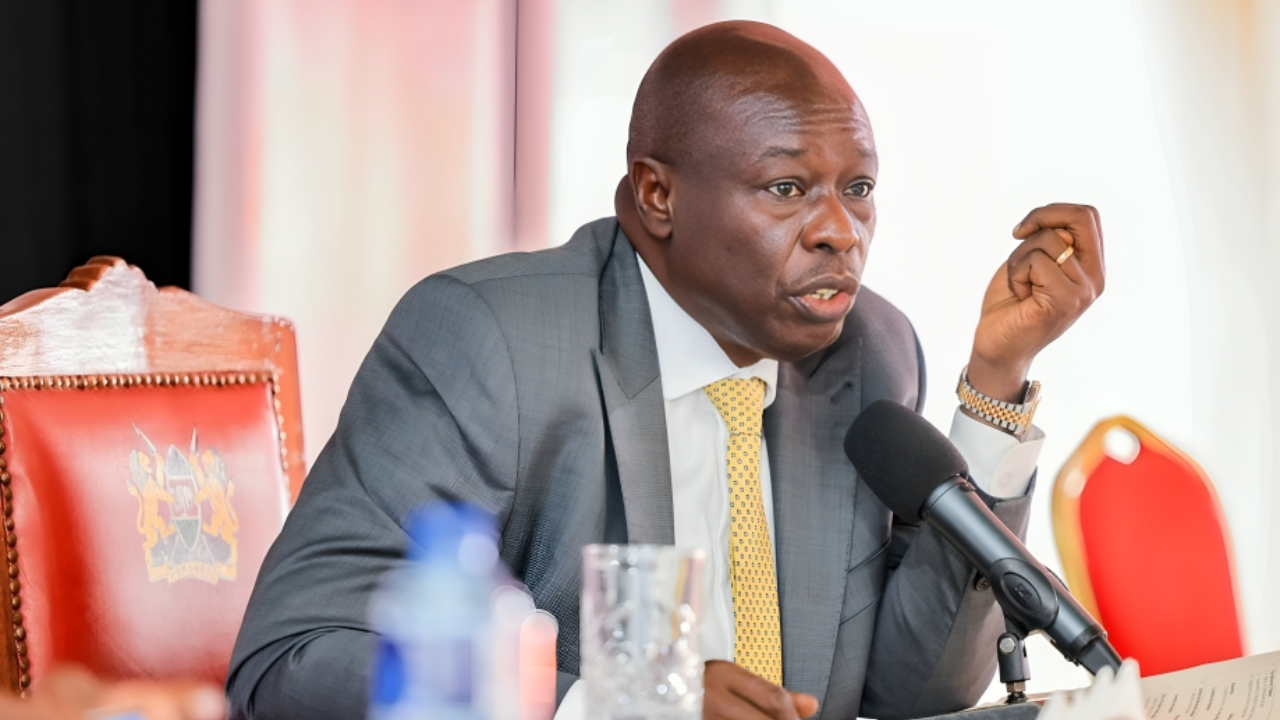A Nation Never Satisfied: Details of the Complaining Culture of Kenyans Since Independence

Kenya, a vibrant and diverse nation in East Africa, has gained a reputation for being a complaining nation. Despite boasting of its rich reputation in culture and tourism something seems to be amiss.
The factors contributing to the prevalence of grievances in Kenya are numerous, largely from the historical, cultural, and socio-economic aspects.
For starters it is crucial to consider the historical context, On October 31st 2023, Kenya was proud to host King Charles III and Queen Camilla in an event that saw them regret the atrocities that were subjected to Kenyans in the fight for independence “Greatest sorrow and deepest regret” he said in his national speech to the Kenyan Republic. However, many didn’t find the King’s “apology” substantial.
Kenya’s Mau Mau veterans seemingly appeared displeased by the King’s address which he termed as a reparation of the dark colonial period, and were seeking to be compensated over claims of torture and human rights abuses committed by the British Empire. This history has played a significant role in shaping the mindset of Kenyans, as they have learnt to voice their grievances and fight for their rights. However, this spirit of activism has also fostered a culture of constant complaint, where citizens are quick to point out flaws and deficiencies in different facets of society and prove that if triggered, can unleash traumas from the past.
Furthermore, the socio-economic challenges faced by many Kenyans contributes to the increased grievances. Despite significant progress in recent years, Kenya still faces high levels of poverty, unemployment, and inequality. These harsh realities create a sense of frustration and disappointment among the population, leading to an increased tendency to express dissatisfaction. The lack of access to basic services, such as healthcare and education, further exacerbates the grievances of the people, fueling the perception of a complaining nation.
Moreover, Kenya's cultural diversity plays a role in the unhappiness. With over 40 different ethnic groups, each with its own traditions and values, Kenya is a melting pot of diverse perspectives. While this diversity fosters creativity and innovation, it can also lead to conflicts and disagreements. As a result, Kenyans may resort to complaining as a means of expressing their differing opinions and seeking resolutions to their grievances.
In addition to historical and socio-economic factors, the media also plays a significant role in perpetuating the perception of Kenya as a complaining nation. The media's powerful influence has significantly molded a collective voice of complaints. Its role in sculpting the narrative of a nation is undeniable. This constant exposure to complaints in the media further reinforces the idea that complaining is a prominent characteristic of Kenyan society.
Additionally, as social media platforms experience exponential growth, it has become a norm for Kenyan individuals to air unverified information, often under the belief that they are shielded by Article 19 of the Kenyan Constitution, which guarantees freedom of speech. With that, there is a new avenue for individuals to voice their complaints publicly, leading to further amplification and visibility of grievances.
Despite the negative connotations associated with being a complaining nation, it is important to recognize the potential benefits that can arise from this tendency. Complaints, when channeled constructively, can serve as a catalyst for positive change. By voicing their concerns, Kenyans bring attention to issues that need addressing, prompting the Government and other stakeholders to take action. Early this year, the opposition leader Raila Odinga and the Azimio brigade held a nationwide protest over the skyrocketing cost of living and other issues which was to serve as an avenue of reaching out to the government, the question remains, were these grievances met? In this way, complaints can be viewed as a form of citizen engagement and a mechanism for holding those in power accountable.
To foster a more positive and constructive outlook among Kenyans, it is crucial to address the root causes of grievances. This requires tackling socio-economic challenges such as poverty, unemployment, and inequality. By investing in infrastructure, job creation, and social welfare programs, the government can alleviate some of the frustrations that lead to complaints. Additionally, promoting dialogue and understanding among different groups can help reduce conflicts and create a more harmonious society.
In conclusion, Kenya's reputation as a complaining nation stems from a combination of historical, socio-economic, cultural, and media factors. The legacy of resistance, coupled with socio-economic challenges, cultural diversity, and media representation, has contributed to a culture where complaints are prevalent. While this perception may carry negative connotations, it is important to recognize that complaints can also catalyze positive change. By understanding the underlying factors and addressing the root causes of grievances, Kenya can strive towards fostering a more positive and constructive outlook among its citizens. Through targeted efforts to improve socio-economic conditions and promote dialogue, Kenya can transform its reputation from a complaining nation to a nation of proactive problem solvers.




